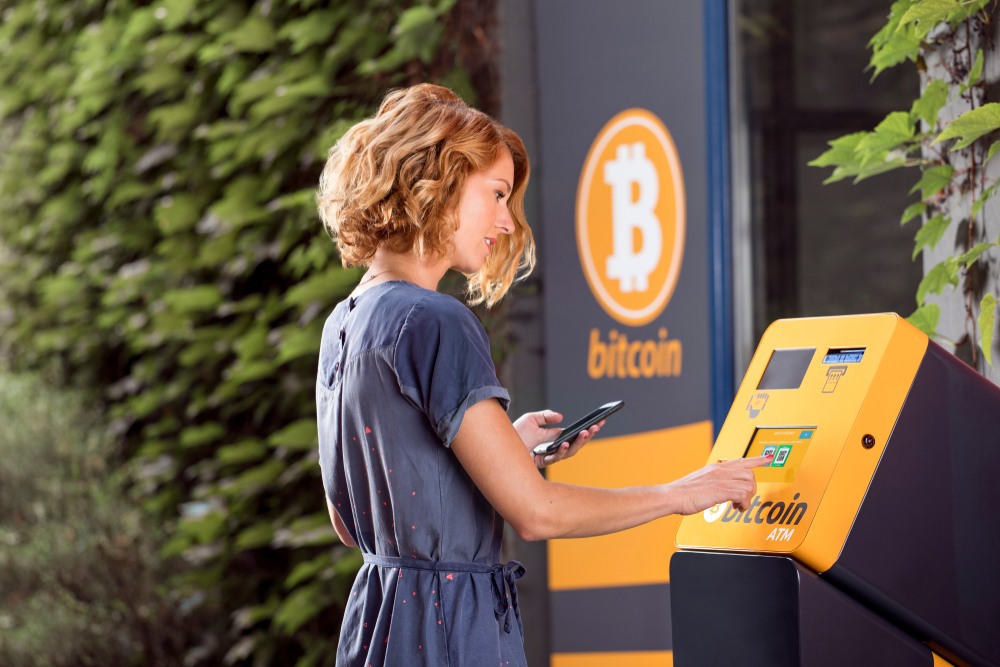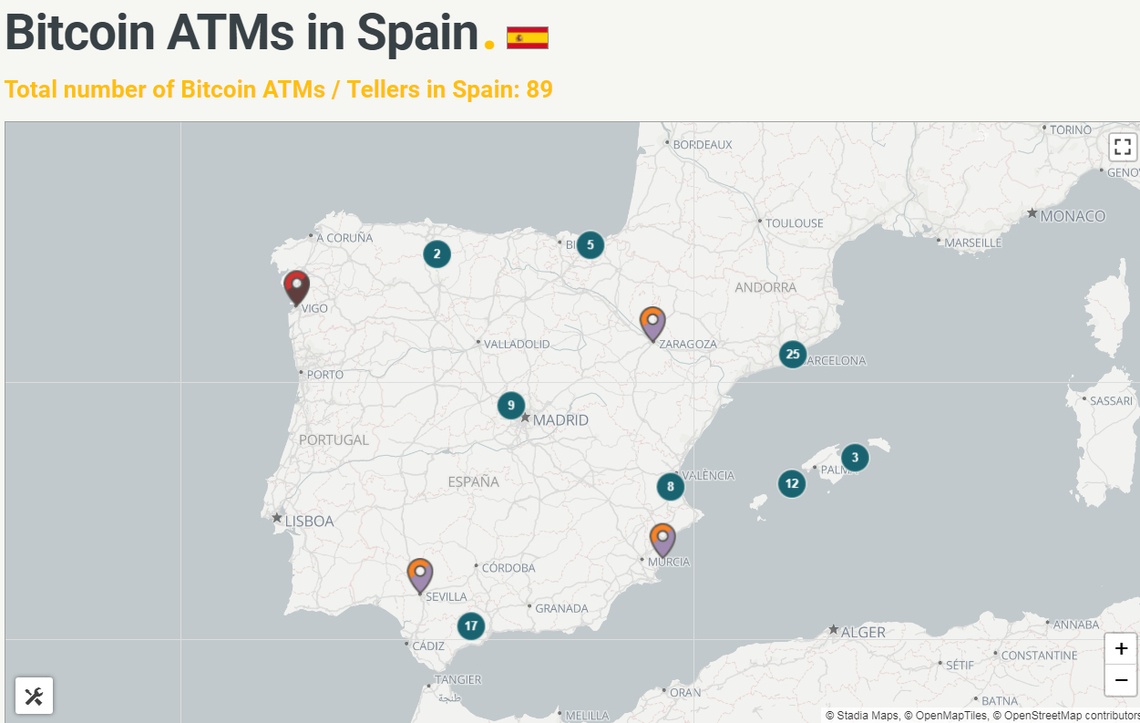Multi-Million Bitcoin ATM Scheme Exposes Holes in EU’s Money Laundering Net

Spanish police dismantle a $10 million money laundering operation involving cryptocurrencies. | Source: Shutterstock
Spain’s Guardia Civil (Civil Guard) police unit has indicated that current rules in Europe are inadequate with regards to discouraging the use of Bitcoin ATMs to launder money.
According to Bloomberg , this deficiency results from the fact that the owners of the Bitcoin ATMs are not required by the strict AML regulations to vet users of the cryptocurrency vending machines.
This has come to the fore two months after the special police unit from the Southern European country took down a criminal organization that used the Bitcoin ATMs to launder proceeds on behalf of narco-traffickers. The ‘Crime-as-a-Service’ money laundering operation reportedly cleaned over €9 million ($10.15 million) before it was dismantled.
Money launderers for hire
As CCN.com reported at the time, the gang hired two crypto ATMs and installed them in Madrid. The vending machines were advertised as devices that anyone could use to buy and sell cryptocurrencies.
To load the devices with cryptocurrencies, the gang which had used false identities to register, would withdraw money from multiple bank accounts and send it to the Bitcoin exchanges. This offered the cover needed to make the large transfers without raising suspicion. Once they had obtained Bitcoins these would then be sent to drug traffickers in Colombia and other countries. The two Bitcoin ATMs used in the money laundering operation were seized as well as four cold wallets and 20 hot wallets.
The use of Bitcoin ATMs to launder money is not restricted to Spain and has also generated worries in other countries. The U.K. and Canada, for instance, have raised similar concerns in the past.
Bitcoin worth $4.4 billion laundered since the inception of the cryptocurrency
This comes at a time when policymakers around the world are increasingly cautioning against the risks posed by cryptocurrencies with regards to money laundering.
According to crypto forensics firm CipherTrace , criminals laundered around 380,000 Bitcoins between the inception of Bitcoin in January 2009 and September 2018. At the current prices, this is Bitcoin worth approximately $4.4 billion.
Most of the Bitcoin, about 97 percent of the cases, was laundered through the unregulated cryptocurrency exchanges. Additionally, in most of the cases this Bitcoin ended up in countries where the anti-money laundering regulations are weak raising the prospect that for the problem to be addressed effectively, it will take global cooperation.
